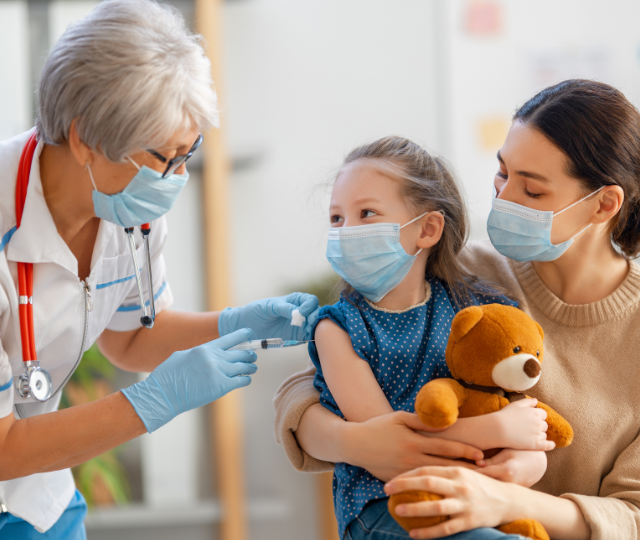COVID-19 general information
COVID-19 is a respiratory disease caused by the virus SARS-CoV-2. It is spread mostly from person to person. Most people who get COVID-19 will experience mild to moderate illness and not require hospital care. Some people are more likely to become seriously ill from COVID-19 and require medical attention. Vaccination is the most effective way to prevent serious outcomes.
Read more about symptoms of COVID-19
Visit the BC Centre for Disease Control website for further details on:














